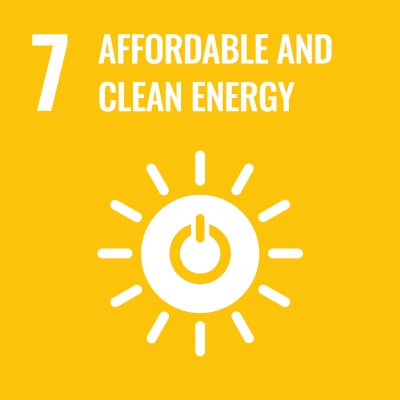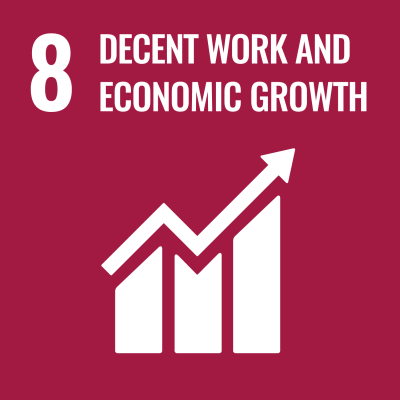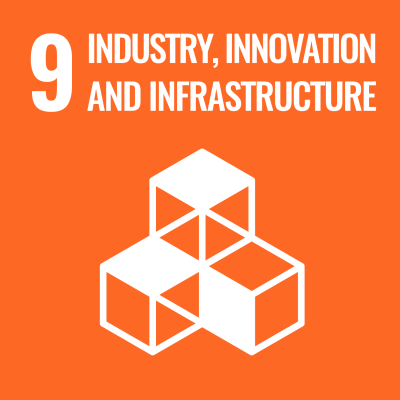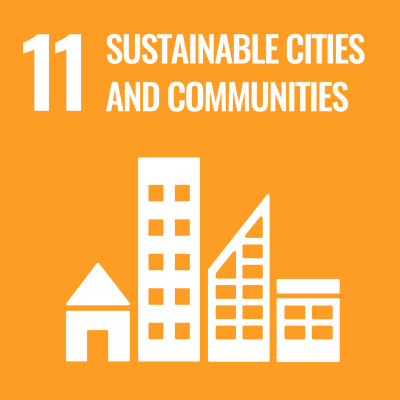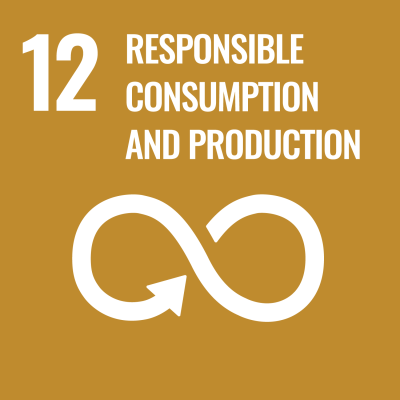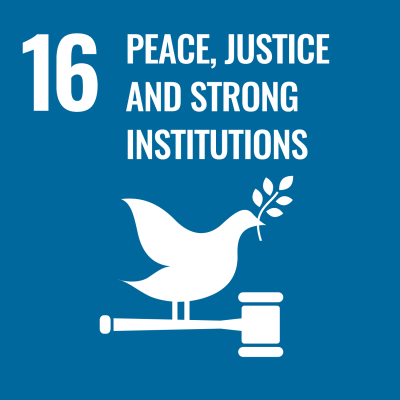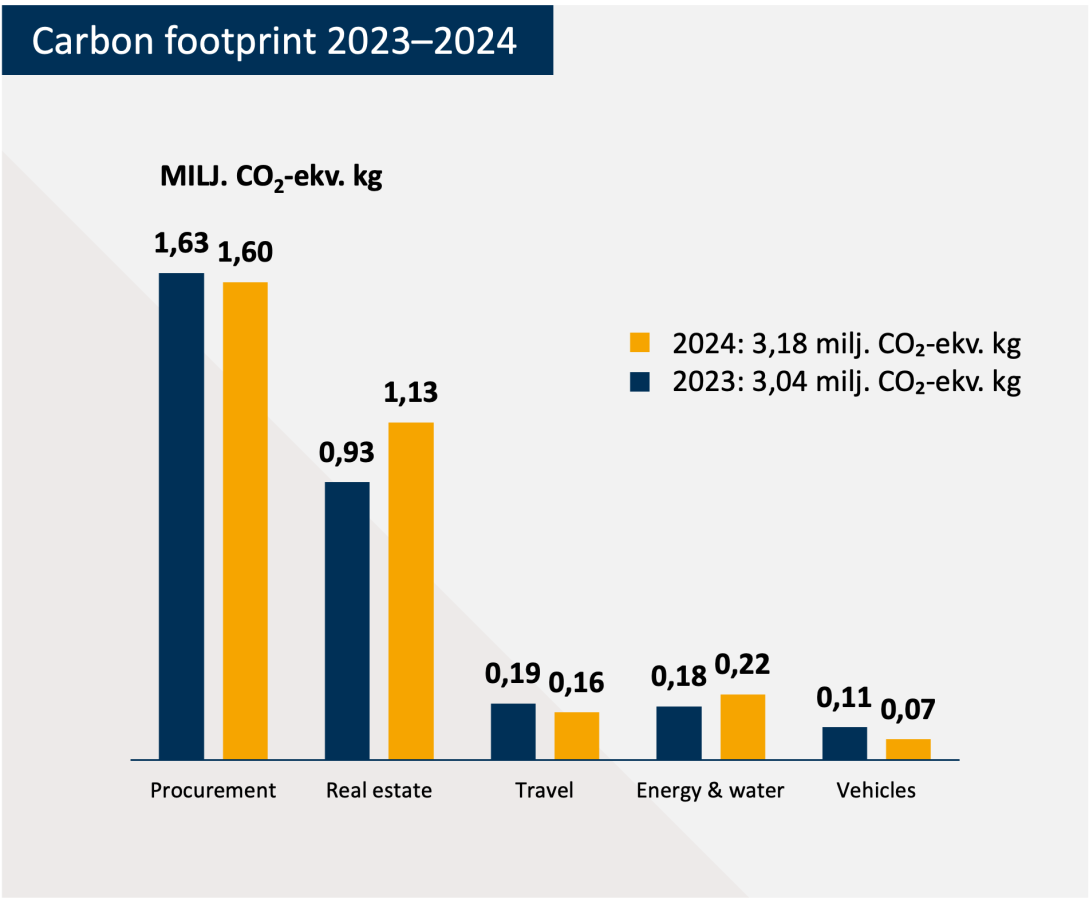
Sustainability and responsibility

Responsibility and ethics are the cross-cutting cornerstones of our university
The University of Vaasa is strongly committed to sustainable development and promoting innovations that create value for both industry and society at large. We work towards clean energy, economic growth, industrial innovations, and responsible consumption and production.
The University of Vaasa creates and shares knowledge to advance sustainable business, energy, and society. Through innovative and high-quality research and education, we seek solutions to current and future challenges.

We have a common goal in the region: combating climate change. Our location at the heart of Northern Europe's largest energy technology hub, EnergyVaasa, emphasises our special responsibility to lead in sustainable development. We promote the renewal of the energy sector and the mitigation of climate change, while developing energy expertise in close interaction with the energy cluster.
Our goal is to achieve carbon neutrality by 2030. Responsibility and sustainable development are central principles in all our activities, and we strive to ensure that every member of our university community makes responsible choices.
We are promoting UN's Sustainable Development Goals
Humanity faces formidable challenges as a consequence of its own actions. Global crises such as climate change, biodiversity loss, and social inequality require both local and global solutions. We are also developing solutions at the University of Vaasa. Particularly, our research and education contribute to the following United Nations Sustainable Development Goals (SDGs):
University of Vaasa's carbon footprint
The carbon footprint refers to the climate emissions caused by human activity. In 2024, the University of Vaasa’s carbon footprint was approximately 3.18 thousand tonnes of CO2 equivalent greenhouse gases. The term “carbon dioxide equivalent” means that the cumulative effect of greenhouse gases is expressed as if they were all CO2.
The Greenhouse Gas Protocol (GHG Protocol) is the most widely used standard for calculating environmental impacts. It classifies emissions into three categories:
Scope 1: Direct emissions from sources that are owned or controlled by the organisation. These emissions occur on-site as a result of the organisation’s own actions.
Scope 2: Indirect emissions from the consumption of purchased energy, such as electricity and heat.
Scope 3: All other indirect emissions that occur in the value chain of the organisation, including emissions from waste and water management, product procurement, and transportation.
Code of Conduct of the University of Vaasa
The purpose of the Code of Conduct of the University of Vaasa is to clarify what it means to act in accordance with our values: courage, community and responsibility. We want to nurture the university as a responsible and ethical community. Furthermore, we strive to ensure an internationally high level of research, education and teaching in accordance with ethical principles and good scientific practice.
The Code of Conduct applies to all members of the university community – teachers, researchers, other employees, students and board members – regardless of their position or role in the organisation. We also expect our partners to comply with the Code of Conduct.
Responsible investments
The investment activities of the University of Vaasa adhere to the UN Principles for Responsible Investment. As a responsible investor, we comply with current legislation, legally binding regulations and good governance practices.
We integrate responsible investment principles into our investment activities in a way that promotes safe and profitable investments. By considering these principles, we aim to increase return potential while reducing risks associated with returns and negative publicity.
We select asset managers who are committed to the principles of responsible investment in their strategies, processes, and selection of investment targets. These asset managers must have a good reputation and be known for their impeccable processes. They are required to have written guidelines on the practical implementation of responsible investment.
In assessing asset managers' activities, we conduct regular interviews and require consistent reporting on both the responsibility characteristics of the investments and the asset manager's responsible investment practices.
The University of Vaasa requires its asset managers to follow the UN PRI Principles for Responsible Investment, which address the consideration of ESG factors (environmental, social, and corporate governance) in investment activities. As a responsible entity, we adhere to good governance practices and adequately document our investment decisions.
The University of Vaasa also promotes responsible investment through its research and business education.
The University of Vaasa is a member of Finland’s Sustainable Investment Forum (FINSIF).
Further information

Together towards a sustainable future
The University of Vaasa is committed to international sustainability pledges and actively participates in global networks that promote responsible education and sustainable development. Below, you’ll find more information about the networks we are part of.
- Universities play a key role in combatting and solving climate change
-
Humanity is facing enormous challenges due to its own actions. Declining biodiversity, increasing inequality, and climate change are global issues that require both local and worldwide action. Universities are crucial in combating and solving climate change and other crises by creating the necessary expertise and fostering a safe and stable society.
The time for rhetoric is over. We need to move from words to action.
Read Unifi's theses on sustainable development and responsibility

- We are committed to the Principles for Responsible Management Education (PRME)
-
PRME engages universities and business schools to equip future leaders with the skills needed to balance economic and sustainability goals, while emphasising the Sustainable Development Goals (SDGs) and aligning academic institutions with the work of the UN Global Compact. Over 800 higher education institutions from about a hundred countries are part of the PRME community.
By joining PRME, the University of Vaasa has made a strong commitment to advancing values such as sustainability, responsibility, and ethics in teaching, research, and leadership.
To learn more about the PRME community please visit: www.unprme.org
- We are part of the SDG Accord network
-
The SDG Accord is a global network of universities, research institutes, and educational institutions dedicated to the UN Sustainable Development Goals. Its aim is to enhance the role of education in achieving the SDGs. Universities and colleges worldwide collaborate to highlight the importance of the SDGs for governments, industries, and society.
The University of Vaasa signed the SDG Accord and joined the network in 2021. Members of the SDG Accord commit to working towards the SDGs, reporting their progress annually, and sharing their insights with others. The results are presented annually at the UN high-level political forum.
The SDG Accord’s Annual Report 2023 includes a research case study from the University of Vaasa (p. 17).
Scopus publications from the University of Vaasa and the SDGs
The University of Vaasa is dedicated to advancing the United Nations Sustainable Development Goals (SDGs), focusing on those that align with our expertise and have the greatest potential for positive societal impact. Our specific goals are SDGs 7, 8, 9, 11, 12, and 16. The table below shows the number of publications related to these SDGs, as retrieved from the Scopus database. SciVal analysis also indicates that SDG 13 (climate action) is strongly connected to our research efforts.
| UN Sustainable Development Goals | Scholarly Output | Field-Weighted Citation Impact | International Collaboration (%) | |
|---|---|---|---|---|
| Name | 2024 | 2020-2024 | 2020-2024 | 2020-2024 |
| SDG 7: Affordable and Clean Energy | 113 | 481 | 2.02 | 77,6 |
| SDG 8: Decent Word and Economic Growth | 47 | 163 | 2.55 | 71,8 |
| SDG 9: Industry Innovation and Infrastructure | 92 | 341 | 2.52 | 70,4 |
| SDG 11: Sustainable Cities and Communities | 13 | 74 | 2.28 | 68,9 |
| SDG 12: Responsible Consumption and Production | 37 | 130 | 2.14 | 60,0 |
| SDG 16: Peace, Justice and Strong Institutions | 6 | 39 | 2.65 | 76,9 |
| SDG 13: Climate Action | 45 | 151 | 2.38 | 70,9 |
Further information

